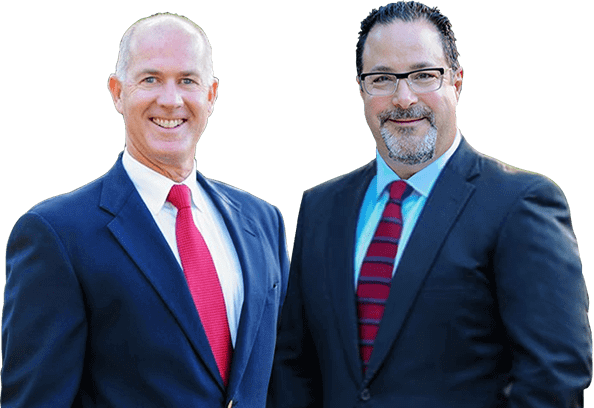People think of certain industries as being more violent or dangerous than others. If you were to ask the average person, they would likely name law enforcement or maybe private security as the profession with the highest degree of risk for violence in the workplace.
After all, security workers and police officers have to stop crimes in progress or investigate something that already happened. They often carry weapons as part of their work, even if they are non-lethal.
Surprisingly, neither of those careers takes the top place for the overall risk of violence in the workplace. The professions and industries where workers have the highest degree of risk will likely shock you, as those workers are typically people who want to help others.
Social work and health service are the industries with the most workplace violence
Statistics clearly show that the average worker doesn’t have to worry too much about an act of random violence on the job. According to the National Institute for Occupational Health and Safety, there are 1.8 assaults each year per every 100 full-time workers.
Social workers and healthcare workers, however, have several times the average amount of risk for a violent assault in the workplace. The annual average is 9 out of 100 health care workers suffering a physical assault on the job. For social workers, that number goes up to 14 out of 100 employees. That is more than seven times the average risk across all industries.
Why are social workers and healthcare workers at high risk?
Chemical impairment and mental health issues both have a strong association with violent activity. Healthcare workers and social workers often have to interact with those struggling with addiction, reacting to a medication poorly or suffering from some kind of mental health issue.
There is elevated risk both for those who provide home-based support services and those who work in professional medical facilities like hospitals. Thankfully, workers affected by violence on the job can typically claim workers’ compensation benefits for their medical treatment and necessary time off of work during the recovery. Their benefits can help them recover physically and mentally so that they can get back to work.
Understanding the basics of workers’ compensation and workplace risks can help you stay safer when you go to work every day.

